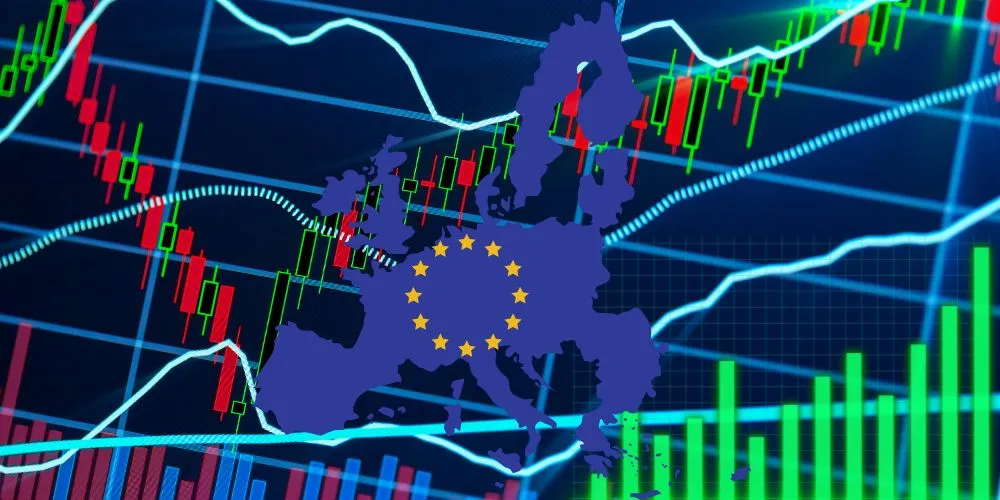Key Points
- European stock markets saw modest gains amid concerns over Trump’s renewed trade tariffs.
- The EU vowed to respond proportionately to any U.S. tariff measures.
- ECB is expected to cut interest rates by 25 basis points next week.
- Oil prices declined after Trump’s emergency declaration to boost U.S. energy production.
European stock markets increased on Wednesday, but gains remained limited as investors exercised caution over economic uncertainties linked to the Trump administration’s renewed tariff threats. As of 04:50 ET (09:50 GMT), Germany’s DAX index rose by 1.02% or 214.45 to 21,256.45, France’s CAC 40 edged up 0.70% or 54.10 to 7,825.05, and the UK’s FTSE 100 gained 0.34% or 28.66 to 8,576.95.
Following his recent inauguration, U.S. President Donald Trump reiterated his commitment to imposing tariffs on European Union (EU) goods and suggested an additional 10% tariff on Chinese imports starting in February. In response, the European Union Commissioner for the Economy, Valdis Dombrovskis, stated that the EU would take proportionate measures to defend its economic interests if needed.
With no significant economic data released in Europe on Wednesday, attention turned to the World Economic Forum in Davos. European Central Bank (ECB) President Christine Lagarde and other ECB officials are expected to provide insights into interest rate policies. The ECB is widely anticipated to lower its policy rate by 25 basis points next week, with further cuts projected throughout the year to counter regional economic challenges. ECB policymaker Klaas Knot expressed comfort with market expectations for rate cuts but refrained from commenting on long-term expectations.
The technology sector remained in focus after OpenAI, SoftBank, and Oracle announced a joint $500 billion investment in U.S. AI infrastructure. Additionally, Netflix reported record subscriber growth in its latest quarterly results.
Oil prices declined further on Wednesday following President Trump’s declaration of a national emergency to boost energy production. The pullback came after Trump outlined plans to increase U.S. oil and gas production by rolling back environmental regulations and withdrawing from the Paris climate accord.





